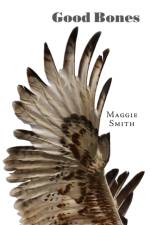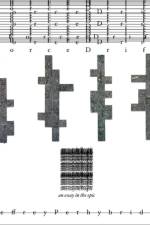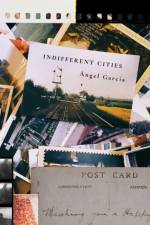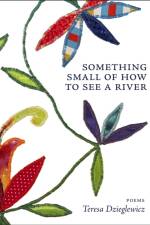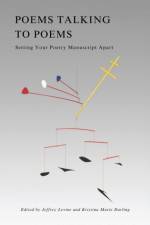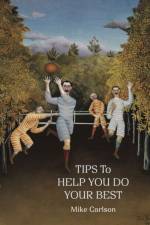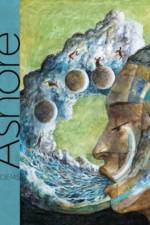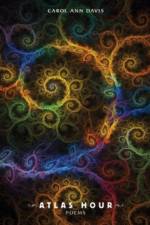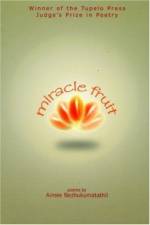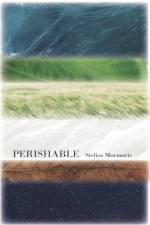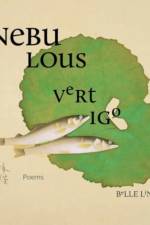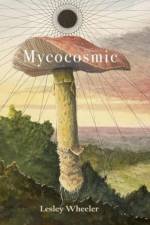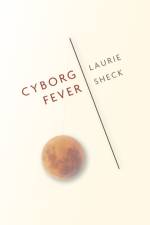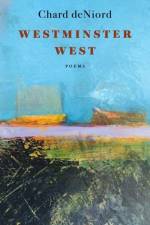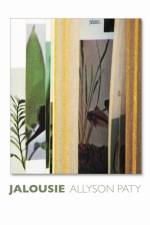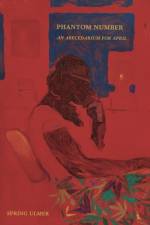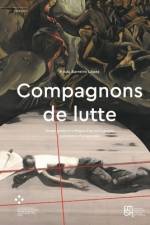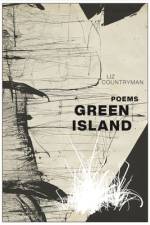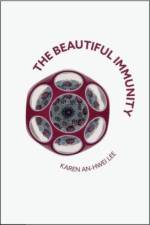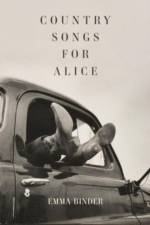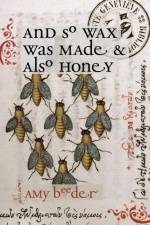av Chard deNiord
277
This collection bears witness to ecstasy and grief through persona. By inhabiting the voices of Adam and Eve, Abelard and Heloise, etc., DiNiord reveals the enduring alterity contained within the self. Westminster West traverses the worlds of here and beyond. DiNiord divines "the everydayness of the mystery . . . in which being and making poetry are the same." From posthumous correspondence between Abelard and Heloise to such poems as "Skywriting Over The Rockies," "With A Bone In My Heart," and "I Call Out To You," this collection betrays a mortal charge, bearing witness to what Emily Dickinson called "each ecstatic moment/ to which we must an anguish pay" and which Aridjis in his defiance of death calls "dust in love." Ambitious and masterful, DiNiord renders such ancient subject matter as love, betrayal, landscape, loss, grief, aging, and ecstasy new throughout Westminster West. He transforms the echo chamber of futility, silence, and failure by aspiring to cross over to "the other," whatever it may be, a stone or cloud or lover or garment, or cancerous lung, with a "negative capability" that allows it, no matter its identity, to speak memorably in a way that transcends simple definition and ultimately any personal connection to it. Westminster West is divided into three sections that complement each other in their archetypal themes which range historically, mythologically, and cathectically. The poems in the first section imagine correspondences and dialogues between couples, including Heloise and Abelard, Adam and Eve, Gilgamesh and Enkidu, Odysseus and Calypso, a widower and his deceased wife in the time of Covid, and a lovesick husband in the air above the Rocky Mountains and his beloved on the ground. The second section also features love poems but focuses on more instructional and metaphysical themes that vary from metaphorical pedagogy on the topic of sex to "the harsh advice of loss" to the memory of a young couple's transcendent, romantic walk by a river. Section three moves away from love poems to mortal and environmental themes, including elegies, pastorals, and a concluding confessional credo on the bittersweet reality of poetry's irony and blessing.

